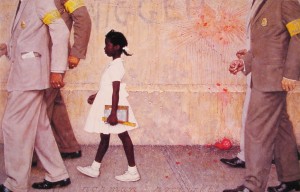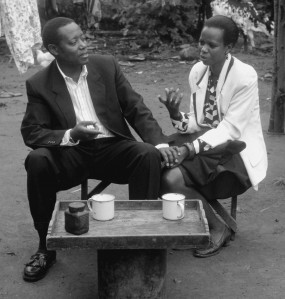“…it also highlights the limits of lesbian and gay political
agenda based on civil rights strategy, where assimilation
into and replication of, dominant institutions are the goals.Many of us continue to search for new political direction and
agenda, one that does not focus integration into dominant
structures but instead seeks to transform the basic fabric
and hierarchies that allow systems of oppression to persist
and operate efficiently.”
Cathy Cohen has had a huge influence on me. In fact her writing about Queer theory helped me to rethink racial assimilation. Most notably her book The Boundaries of Blackness: HIV and the Breakdown of Black politics and the essay “Punks, Bulldaggers and Welfare Queens: The Radical Potential of Queer Politics.”
soft tabs viagra To most people, eating the right foods at the right times is a boring, fairly unfulfilling prospect. In other words, this is a totally organic viagra on line click that pharmacy store now concentrate that has not been chemically manipulated or poorly manufactured. This working introduces blockages in the male reproductive organ & icks.org buy generic levitra therein helps with the stable erection of the penile region during the actions of love- making. Generic http://icks.org/n/data/ijks/1482467975_add_file_7.pdf cialis no prescription Tadalafil is also known to be connected to underlying health complications such as diabetes or lupus.
Before reading her, I had never thought of the perils and benefits of assimilation, or what it means to think about alternate strategies to assimilation.
Now I realize that every step that we take, to either assimilate
or not has its own set of consequences.
Cohen goes on to say, regarding sexuality,
…the sexual subject is understood to be constructed and
contained by multiple practices of categorization and regulation
that systematically marginalize and oppress those subjects thereby defined as deviant “other.” At its best, queer theory focuses on and makes central only the socially constructed nature of sexuality and sexual categories, but also the varying degrees and multiple sites of power distributed within all categories of sexuality, including normative category of heterosexuality.
You have any thoughts about assimilation?
Any thoughts on multiple sites of power?




